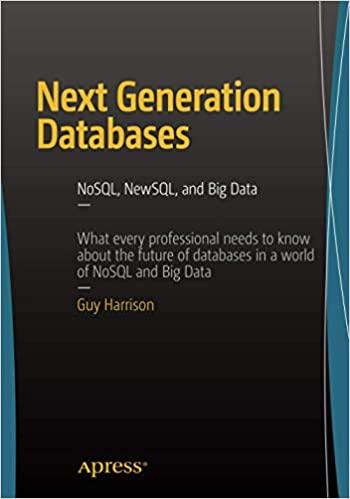Answered step by step
Verified Expert Solution
Question
1 Approved Answer
In the early 1 9 3 0 s , nestled in the quaint English countryside, a brilliant mind by the name of Ronald Fisher, an
In the early s nestled in the quaint English countryside, a brilliant mind by the name of Ronald Fisher, an accomplished statistician and biologist, found himself captivated by the vibrant and enigmatic Iris flowers that graced his garden. While Fisher was renowned for his work in statistics, he had a deep passion for the natural world. One day, as he strolled through his meticulously curated garden, he was struck by the astonishing diversity among the Iris flowers of different species.
Fisher's fascination with these beautiful blooms led him to ponder a profound scientific question: Could he use statistical analysis to quantify and distinguish the morphological characteristics that set apart the three related species of Iris flowers that he cherished? This question became the seed of an idea that would eventually blossom into one of the most famous datasets in the world of statistics and machine learning.
To turn his vision into reality, Fisher enlisted the help of Edgar Anderson, a fellow biologist and a close friend. Anderson shared Fisher's fascination with the Iris flowers and was more than willing to assist in collecting the data they needed. Together, they embarked on a meticulous and delightful journey through the blooming garden, meticulously measuring each Iris specimen.
Their dataset would consist of Iris flowers, with samples from each of the three species: Iris Setosa, Iris Virginica, and Iris Versicolor. From each flower, they measured four key features: the length and width of the sepals and petals, capturing the essence of the Iris in precise centimeters.
As the data collection progressed, Fisher and Anderson marveled at the incredible diversity and subtleties of these remarkable flowers. They carefully recorded each measurement, bringing a scientific rigor to the task that mirrored their deep appreciation for the natural world. Little did they know that their dataset would become a cornerstone in the world of statistics and machine learning, serving as a touchstone for countless researchers and enthusiasts seeking to understand and appreciate the intricate beauty of the Iris flower. dataset is available on kaggle iris flower dataset
Build the software tool based on the provided design to carry out a predictive analysis on the provided dataset Note: You can use any classification algorithm to implement this Provide necessary modifications to the software tool to include code from both a general programming language and a data analysisbased language in building the software tool. The student can choose any programming languages regards to general programming languages and data analysisbased languages. Carry out an analysis on the ways code written in different programming languages can be linked and called at run time to extend functionality of computationally intensive tasks and manipulate data analysis, and provide screenshots from the developed program code to support your answer. Analyse the output of the data analysis process with focus on the quality of information produced from the dataset and identify possible improvements. Implement a detailed test plan on a data analysis software tool and present the results of the analysis on the chosen data set.
Step by Step Solution
There are 3 Steps involved in it
Step: 1

Get Instant Access to Expert-Tailored Solutions
See step-by-step solutions with expert insights and AI powered tools for academic success
Step: 2

Step: 3

Ace Your Homework with AI
Get the answers you need in no time with our AI-driven, step-by-step assistance
Get Started


